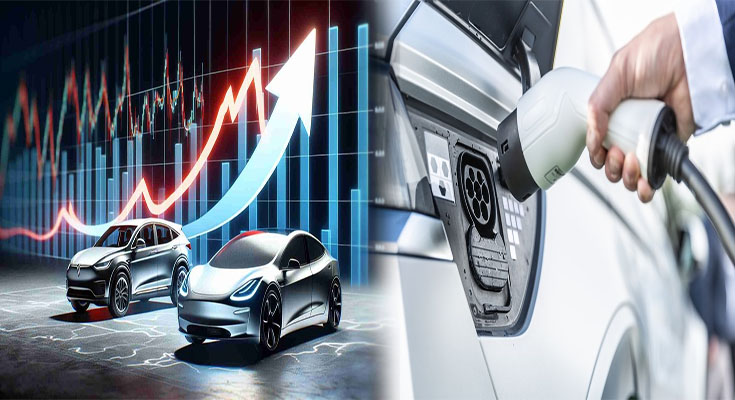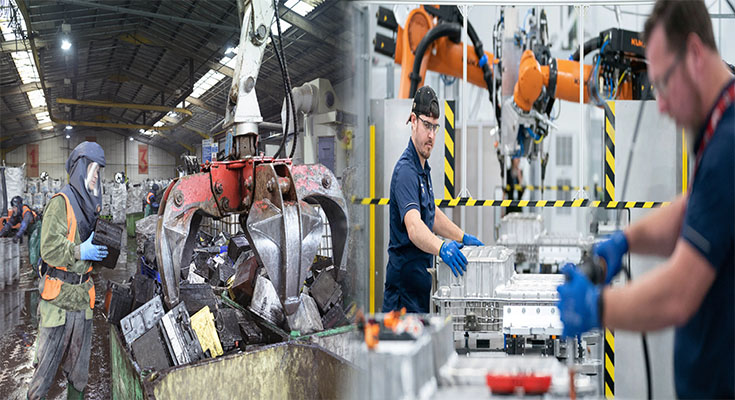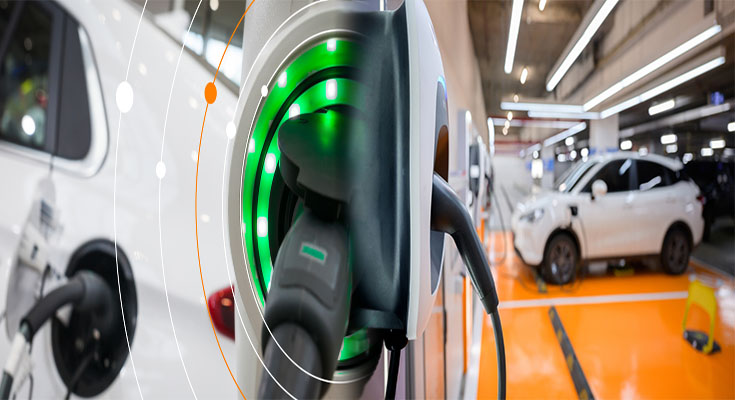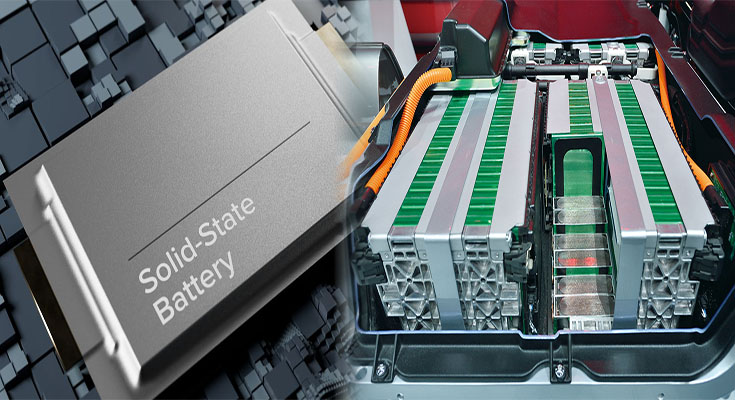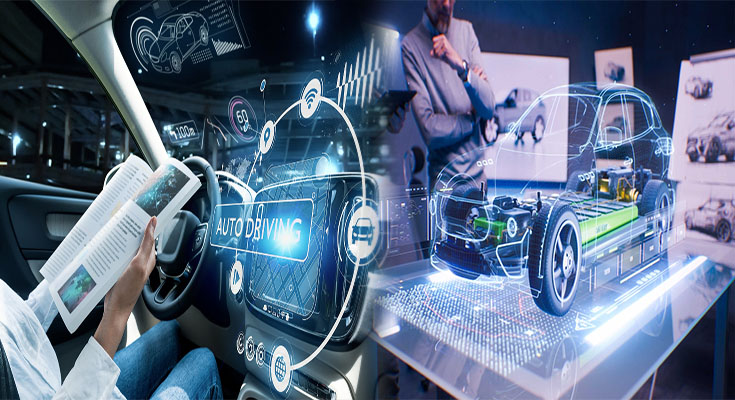
Self-driving Car Technology Updates: A Glimpse into the Future of Automotive Industry
In recent years, self-driving car technology has made significant advancements, paving the way for a future where autonomous vehicles are a common sight on roads worldwide. With each passing day, there are exciting updates and breakthroughs in this field that promise to revolutionize the way we commute and travel. Let’s delve into some of the latest self-driving car technology updates that are shaping the future of the automotive industry.
1. Enhanced Sensor Technology
One of the key components of self-driving cars is their ability to sense and interpret their surroundings. Recent updates in sensor technology have allowed autonomous vehicles to perceive the world around them with unprecedented accuracy. From LiDAR and radar to cameras and ultrasonic sensors, modern self-driving cars are equipped with a sophisticated array of sensors that enable them to navigate complex environments and make split-second decisions.
2. Artificial Intelligence and Machine Learning
Artificial intelligence (AI) plays a …
Self-driving Car Technology Updates: A Glimpse into the Future of Automotive Industry Read More

